The expedient and accurate handling of fire alarms or calls are significant factors in the successful outcome of any incident. Fire Department communications play a critical role in that successful outcome. Fire Department communications include the methods by which the public can notify the communications center of an emergency, the methods by which the center can notify the proper fire fighting forces, and the methods by which information is exchanged at the scene.
A Telecommunicator (often referred to as a Dispatcher)has a role different but just as important as other emergency personnel. The telecommunicator must process calls from unknown and unseen individuals, usually calling under stressful conditions. He/She must be able to obtain complete, reliable information from the caller and prioritize requests for assistance. It is the dispatchers responsibility to bring order to chaos.
While some Fire Departments are large enough to utilize their own telecommunication dispatcher, most rural and small areas rely on a central dispatcher to provide handling of Fire, Rescue and Police services.
Firefighters are trained to use communications equipment to receive alarms, give and receive commands, request assistance, and report on conditions. Since firefighters from different agencies routinely provide mutual aid to each other, and routinely operate at incidents where other emergency services are present, it is essential to have structures in place to establish a unified chain of command, and share information between agencies. All radio communication in the United States is under authorization from the Federal Communications Commission(FCC), as such, fire departments that operate radio equipment must hold radio licenses from the FCC.
Ten codes were popular in the early days of radio equipment because of poor transmission and reception. Advances in modern radio technology have reduced the need for ten-codes and many departments have converted to simple English.
The U.S. Federal Emergency Management Agency has established a National Incident Management System. One component of this system is the Incident Command System. The Incident Command System or ICS determines who is in charge and sets standards for command structure. This ensues that there will always be some one in charge, and no mater how big the incident becomes there will still be uniform command and accountability.
Next up: Property
wikipedia.org
Thursday, August 9, 2007
Subscribe to:
Post Comments (Atom)


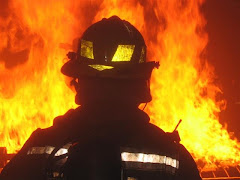
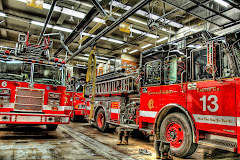

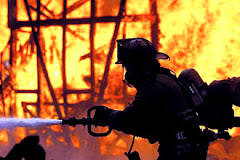

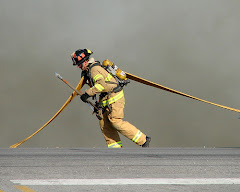
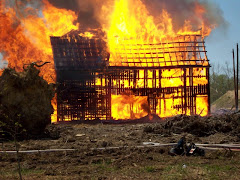
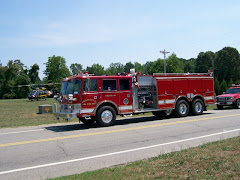
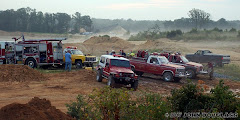

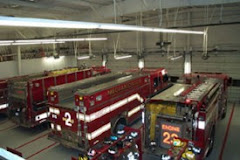
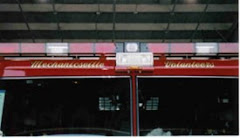

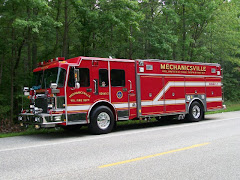
1 comment:
way cool pictures...I mean hot pictures that is!
Post a Comment